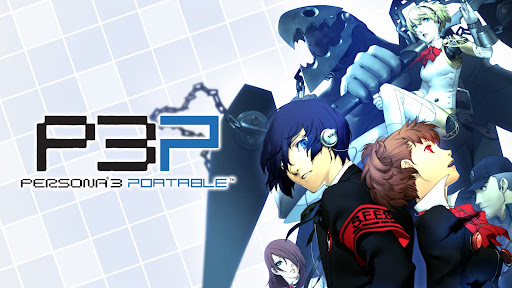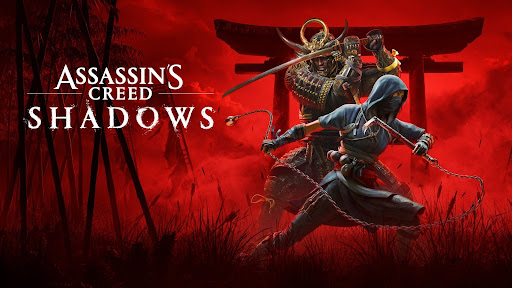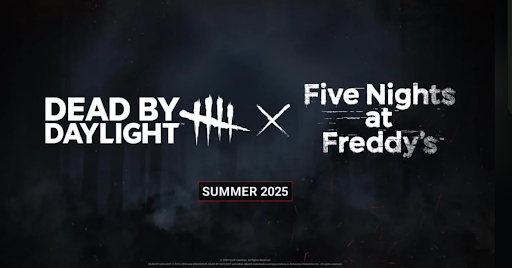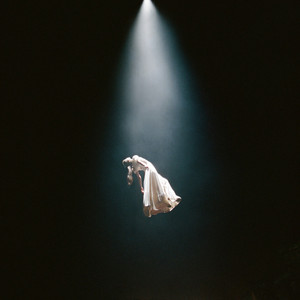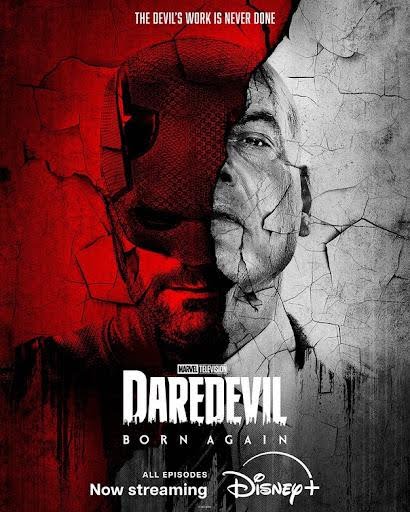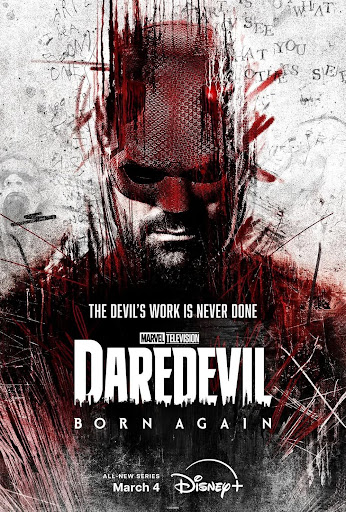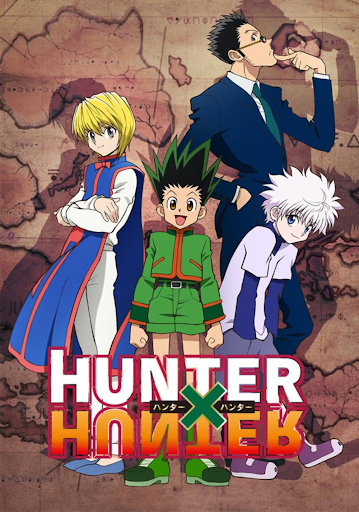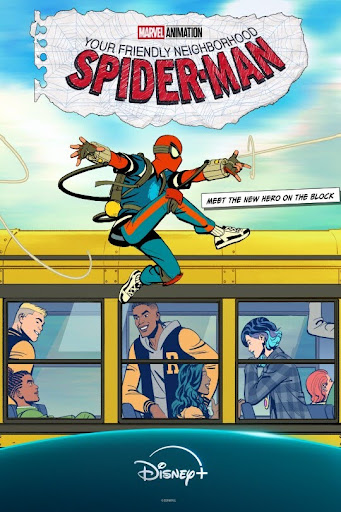Persona 3 is a strange game for me. On one hand, it has some of the most beautifully conveyed themes, messages, and stories I’ve seen in any piece of media. On the other hand, there are some significant problems that made me almost drop the game entirely.
This game can be an utter masterpiece at some of its highest highs, but at its lowest lows, it can be insufferable. I haven’t experienced this kind of whiplash with a game since I played NieR Replicant.
I very much have a love-hate relationship with this game. There are so many things, both big and small, that frustrate me to no end, but then I remember the moments when this game is so genius that it makes some games today look like amateur hour and it almost makes me want to forgive those flaws … almost.
Just like Persona 4 and Persona 5, this game follows a group of high school students fighting against an existential force that is threatening to destroy humanity. Every day at 12 am, time freezes for an hour between one day and the next. During this hour evil beings called shadows inhabit the planet and feed on humans who get turned into caskets. This phenomenon called the Dark Hour is the central mystery behind this game along with a mysterious tower that appears called Tartarus.
This game established what would become the formula for every modern Persona game with both the fourth and fifth games using the same gameplay and narrative structure. This game’s age certainly shows but when it counts, it provides an unforgettable experience that will have you rethinking your own life.
Just like every game in the series, the soundtrack here slaps. The hip-hop and pop roots of this soundtrack give it a lot of spunk and personality that many game soundtracks sorely lack. The music here isn’t just background noise like it is in most games. It’s used to enhance the overarching themes of the game and provide a deeper meaning to the moments each track plays in. As for any Persona game, the vocal tracks are the standouts (at least in my opinion).
Of any song in this game, Burn My Dread is the clear magnum opus. It is the perfect embodiment of everything this game represents rolled into one, or should I say two songs. Yes, this song has two versions. One plays at the beginning of the game and the other plays in the final battle.
The first version of Burn My Dread is a slower, more contemplative song with pop and funk influences. This song essentially encapsulates the entire story and theme of Persona 3 without spoiling the events of the game. It references much of the game’s important imagery throughout and shows a progression of the narrator throughout the song.
At first, the narrator is running away from their fears and problems but, as a result, is just making their life worse until they learn to face their fears. It is only when the narrator battles the “god of fear” that they remember they still have a reason for living. By the end of the song they resolve:
“Oh, I will run
Burning all regret and dread
And I will face the sun
With pride of the living”
It’s an incredible song that is only made better by having the full context of the story, but on its own, it tells a tale of someone finding a reason to live by facing their fear and the inevitably of death.
The one that plays in the final battle isn’t quite as good in my opinion but it’s still great nonetheless. This version leans much more in the direction of rock and hip-hop. This song is much more energetic and gets your blood pumping. It also matches the final confrontation perfectly because it heavily emphasizes how much work and effort you put in to get where you are in the game. It truly makes it feel like you have just conquered heaven itself.
There is so much more I could talk about with this soundtrack, but I’d be here all day like I was with my Persona 5 review.
The presentation sadly falls short of the other modern Persona games. This is mostly because of the limitations of the portable edition with the PSP hardware. The portable version of the game ditches the 3D cutscenes and conversations for a more visual novel approach where you have a background with character portraits on the screen.
I don’t kid when I say that this style completely tanks the delivery of the narrative. There are pivotal scenes throughout the game that are just butchered because you can’t actually see what is going on. There are characters who die and you only know so because the game has to literally spell it out for you rather than seeing those moments play out naturally (seriously, there are times when text pops up telling you that a character died).
Furthermore, the original game featured some animated cutscenes straight out of an anime but none of them were here, and in their stead are text boxes or cutscenes animated in-engine. To say the least, this massively hurts the overall delivery of pivotal moments in the game including the very final scene of the game. A common excuse is that they couldn’t fit everything into one PSP game, but I’ve seen much more technically demanding games on the PSP so I just don’t understand why the presentation had to take such a drastic downgrade in quality.
This remastered version for modern consoles doesn’t make things much better because the audio still sounds extremely compressed and downright bad at times and the backgrounds used for “exploration” and cutscenes look absolutely awful thanks to the horrid AI upscaling. This was overall just a really lazy and subpar remaster of a game that already had issues with its presentation.
The gameplay (despite the terrible presentation at times) is pretty good. The game is basically split into two halves, one where you explore Tartarus during the Dark Hour, and the other is a life simulator where you have to manage your time and relationships. When in Tartarus, you engage in traditional turn-based battles with monsters inhabiting the building.
Of the three modern Persona games, I think this is easily the most challenging and not always in a good way. Some fights are just unfair, even on easier difficulties. Even normal battles can have my entire party killed in one turn. Near the end of the game, there’s even a boss that is completely resistant to every single attack, except almighty, which is difficult to acquire even by the end of the game.
In general, though, I enjoyed the turn-based battles because the turn-based system of these games feels like it was designed to minimize how much luck factors into these fights. There is a level of that still present, but it now feels much more like you have the ball in your court in each fight. This is because the game was designed around exploiting weaknesses in enemies to knock them down. When every enemy on the battlefield is knocked down, you will have a chance to do an all-out attack that will deal massive damage. Furthermore, the game expects you to do a variety of buffs and debuffs to your and the enemy parties to maximize your damage and minimize theirs.
While this system is vastly improved in the following games, I think Persona 3 delivers a perfectly fun and satisfying experience with its combat and that’s coming from someone who does not generally like turn-based combat.
Tartarus, however, is just awful. The entire thing is randomly generated so there are almost no hand-crafted floors, and, to boot, there are 264 levels. That’s over two and a half Empire State Buildings. Don’t go thinking those levels are optional, no, you have to reach the very peak of Tartarus before the end of the game so you have to trudge through 264 plus floors. This is by far the worst aspect of this game because Tartarus just takes an obscene amount of time to get through and none of it is particularly rewarding or engaging. I never felt excited at all when I had to venture into this pitiful excuse of level design. Sometimes I would just avoid playing this game because I was in Tartarus and didn’t want to deal with how repetitive it was.
Thankfully, the social simulator half of the gameplay is much more engaging. As I said, you play as a high school student so you have to juggle a variety of things like a normal kid would. There are 3 stats that you have to raise throughout this portion of the game, academics, courage, and charm. These help you to be able to do certain things in the world or become friends with certain characters. If you haven’t been studying and your academics are too low then you will get lower scores on your exams and miss out on some important rewards.
The most important aspect of these portions is the relationships you forge. Hanging out and talking with friends takes up the majority of your time. Not only are these relationships integral to the story and its themes, but they also are important in helping you while exploring Tartarus. While I think the rewards in Tartarus could be a little more impactful, the biggest reward comes from just learning about and interacting with these characters that occupy Tatsumi Port Island.
The story is easily the biggest selling point of this game. If you are playing this game, you are playing it for the story because it has one of the most thematically resonant and impactful stories I have ever experienced. It is beautiful, emotional, and heartbreaking. Put in layman’s terms, this game is one big Greek tragedy in the best way possible.
Too bad that the game’s plot meanders for 15-20 hours, only getting interesting after around the halfway point. For the first few months of this game, it just feels like nothing happens. Sure you fight the shadows you’re supposed to in order to get to your supposed final goal, but there’s nothing really interesting that happens until you reach the second semester of the game. There are neat character moments here and there that provide some levity, but I can’t really say anyone in the main cast was interesting until the game starts running on all cylinders.
The game makes a strong first impression with seemingly interesting characters and an engrossing and eerie 2000’s atmosphere. After an hour or so the game just becomes dull as all the major plot developments except for a few all happen in the latter half of the game and none of the characters progress in a meaningful way until that point. With an uninteresting plot and the monotony of Tartarus, the first 20 hours just become dreadfully dull.
If you manage to make it through those 20 hours, though, you are greeted with one massive roller coaster that only gets better as it goes on.
Persona 3 gives a (half) riveting tale about finding a reason to live and every facet of the game is centered around this theme from the gameplay, soundtrack, character arcs, and symbolism. This game is heavily rooted in Greek mythology and symbolism, if you couldn’t already tell by the inclusion of Tartarus. The main cast of characters largely have personas relating to Greek mythology such as Orpheus, Thanatos, Cerberus, Hermes, and more. Each persona is meant to represent how that character has progressed throughout the game.
One thing that this game does better than even Persona 4 and Persona 5 is keeping every main cast member actively engaged and relevant in the story. In both games, some of the older cast members can fall to the wayside and sometimes just outright become irrelevant to the plot but here every character gets their time to shine and the last half gives each and every one of them a satisfying character arc.
Despite having significant rough patches, I ultimately grew to care about these characters so much that once I rolled the credits I was left bittersweet knowing that my time with them had come to an end.
This is partially because the ultimate conflict is challenging to this cast both physically and mentally. The game poses a question that even the cast has trouble answering. What is your reason for living?
Every aspect of this game reminds the cast of their mortality from the abundance of coffins during the dark hour to the fact that they have to shoot themselves in order to use their personas. They are constantly bombarded by memento mori.
A lot of people say that the main theme of this game is the inevitability of death, but I disagree. It’s actually the opposite. The main theme and purpose of this game is finding a reason for living and fighting for it.
Minor spoilers for the end of the game so if you want to go on blind, skip to the last paragraph.
The final battle of this game is a desperate fight for life as the cast defies death itself. With a renewed sense of purpose and reasons for living, the cast fights Nyx, the god of fear and death. This fight is brutal and extremely long. All in all, it took me about an hour and a half to finally beat the final boss with no deaths. Some may see a fight being this long as a problem, but I’d argue that it serves the themes of the game because it helps show the importance of what you’re doing and how big of a threat you face. It’s less of a physical battle and more of a battle of sheer will.
Throughout the game, you find a reason for living (or playing) through the relationships you form. Through the player character and a humanoid robot named Aigis, the game argues that the people around us are what give us life and give us a reason for living.
In the end, Persona 3 serves as a reminder that death will always come so it’s important to live every day knowing that inevitability will come. It’s cheesy, but live every day like it’s your last so that when your clock finally strikes 12 you can pass away being proud of the life you lived. There is beauty in death because it makes every moment in life all the more valuable knowing those moments are finite so it’s important to make those moments matter.
Despite its problems, Persona 3 hit me like a freight train. There are a litany of issues that I just simply can’t overlook, but despite that, this game packs one of the most impactful and relevant messages I’ve ever seen in a video game. After beating this game, “I will face the sun with the pride of living.”
Score: 7/10


